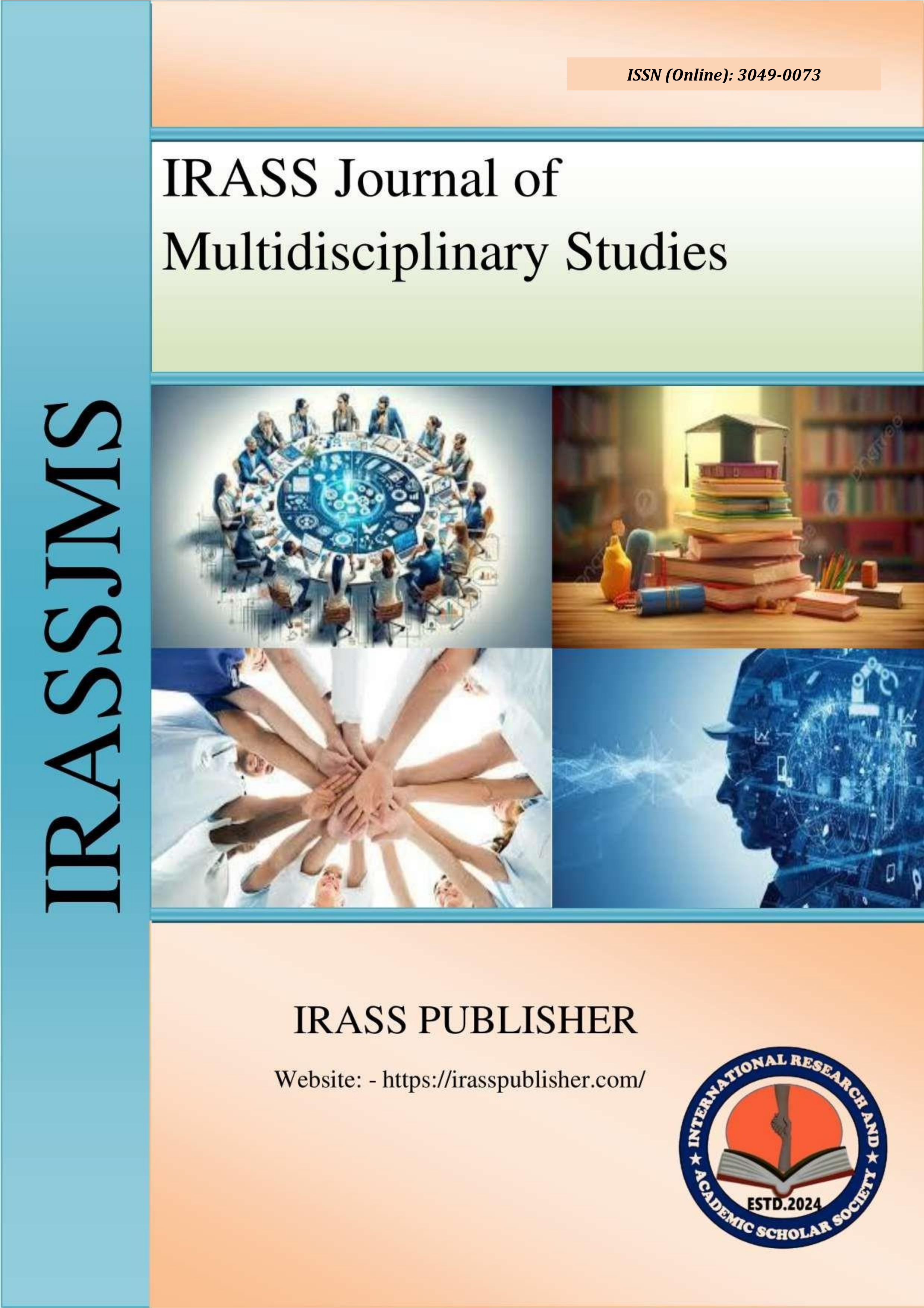EVALUATING THE EFFECTIVENESS OF CRIME PREVENTION PROGRAMS
Sr No:
Page No:
37-43
Language:
English
Authors:
Dr. John Motsamai Modise*
Received:
2025-02-19
Accepted:
2025-03-03
Published Date:
2025-03-07
GoogleScholar:
Click here
Abstract:
The essay aim was to assess the impact of a specific crime prevention program on
reducing crime rates and improving community safety within a designated area. The objectives
were to analyze crime statistics to determine if the program led to a measurable decrease in
targeted crimes within the program area. Evaluate the program's influence on public perceptions
of safety through surveys or focus groups. Identify any unintended consequences or unforeseen
challenges associated with the program's implementation. Compare the program's effectiveness
to similar initiatives documented in existing research. The research questions were to Do the
crime prevention program lead to a statistically significant reduction in crime rates within the
targeted area compared to the pre-program period and a control group (if applicable)? To what
extent did the program contribute to a greater sense of safety and security among residents in the program area? Were there any observed negative impacts or unintended consequences associated with the program's implementation? How do the findings from this program evaluation align with the results of existing research on similar crime prevention strategies? The research is expected to reveal whether community policing initiatives are associated with a decrease in youth violence. The findings can inform future program development and resource allocation for law enforcement agencies seeking to address youth violence in their communities.
Keywords:
Community policing, Youth violence, Crime prevention, Law enforcement effectiveness, Youth engagement programs, School resource officers (SROs), After-school programs, Mentoring programs, Broken windows theory, Social learning theory, Community mobilization theory.
Journal: IRASS Journal of Multidisciplinary Studies
ISSN(Online): 3049-0073
Publisher: IRASS Publisher
Frequency:
Monthly
Language:
English

